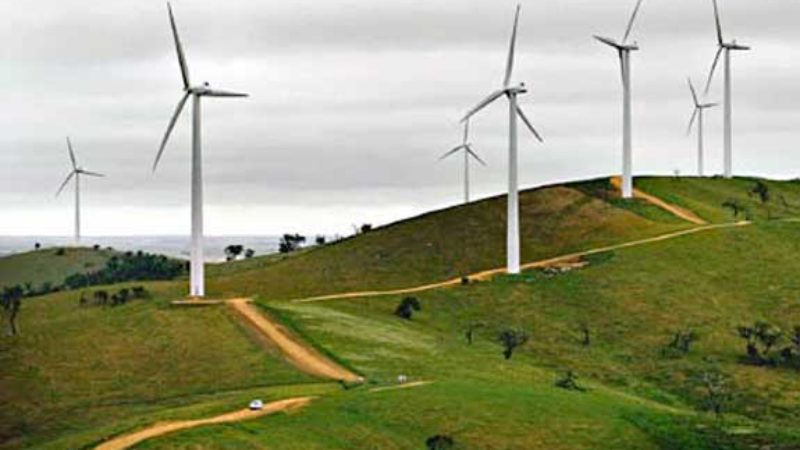
In the wake of the local elections, the talk has almost exclusively been centred around what the results will mean for the country in a general election. What do the results say about Labour’s chances of securing an outright majority for Labour at the next general election? If they don’t manage that, will they be reliant on the Liberal Democrats in a coalition? What would they demand from Labour in exchange for being coalition partners? But I came away from the elections questioning how the politics of climate change will develop going forward.
For the local elections I was campaigning back up in my hometown, Stoke-on-Trent, a ‘Red wall’ city gone blue, that in a promising sign of things to come voted to remove the Conservative-Independent coalition from power and return Labour to the Council. It was while campaigning here that I had a couple of conversations with voters on the doorstop that stuck with me.
The first was an older gent who told me that while he would probably vote Labour at a general election, he was voting Independent because like him, they were against “the green shit”. I thought it wise not to tell him I work in the climate sector, thanked him for his time, and moved on to the next door.
The second conversation was with a very friendly middle-aged woman, who told me that she was voting Labour, as she always had done. During a bit of rant about the government, she said that she couldn’t understand why in the middle of the cost-of-living crisis the country was wasting money on amongst other things, Net Zero, when they could be using the money to help people pay their bills. I thought it wise not to tell her I work in the climate sector, thanked her for her time, and moved on to the next door.
In between rounds, while enjoying a vegetarian hot dog from a makeshift BBQ and drinking the most average cup of instant coffee I’ve ever had, I got talking with another volunteer about this. To paraphrase them, they said that people in places like Stoke had more important things to worry about and that when in ‘Red wall’ seats, the campaigns should be focused on ‘bread and butter’ issues.
There are senior figures in Labour politics taking this line too. Peter Mandelson has argued that “few voters will be thrilled by Keir Starmer turning into another Greta Thunberg” and Ed Balls warned that keeping the £28bn a year climate investment in the UK’s current fiscal position would prove to be a “big problem for Labour”.
For one, this idea that focusing on climate action would be problematic with voters is demonstrably not true, but more than that it misses the point that climate issues are ‘bread and butter’ issues. If you ask people in Stoke if they want the cheapest energy possible, do you think they’d say no? Would voters in Ashfield be against cutting the cost of their heating bills? Would people in Darlington complain if you told them that you were bringing new jobs to the area?
Renewable energy is now the cheapest energy source available, and it’s also good for the planet. Energy efficient homes reduce energy bills– and they are also good for the planet. The green transition will bring thousands of new jobs– and it’s also good for the planet.
The argument from the Net Zero Watch wing of politics is that the transition will leave us a poorer, colder, and economically weaker country. This is complete nonsense and very easy to disprove, but if we don’t own it, we lose the argument by default. We don’t need to become Greta Thunberg reincarnated to get people to support climate action, we need to show them how they’ll benefit from a just transition in real terms.
When Keir Starmer sets out Labour’s green policy platform in his upcoming mission speech, he shouldn’t be put off from bold climate action. Policies to tackle the climate crisis are vote winners: they’re also good for the planet.




More from LabourList
Antonia Romeo appointed to lead civil service as new Cabinet Secretary
‘If Labour is serious about upskilling Britain, it must mobilise local businesses’
Stella Tsantekidou column: ‘What are we to make of the Labour Together scandal?’